January 28, 2013
Report reveals wider impact than ROI for wellness programmes

The Return on Investment of workplace wellness programmes goes way beyond cost savings a major new report reveals. Making the Right Investment: Employee Health and the Power of Metrics found smoking cessation incentives help increase productivity, nutrition and exercise drives and centralised programmes which utilise the latest technology leads to increased employee engagement which helps reduce staff turnover. Said Klaus Schwab, Founder and Executive Chairman World Economic Forum “Over 50% of the working population spend the majority of their time at work, so the workplace provides a unique opportunity to raise awareness, as well as guide and incentivise individuals to develop healthier behaviours.” More →





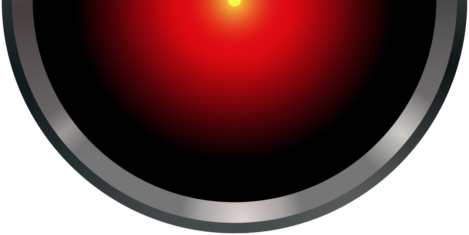
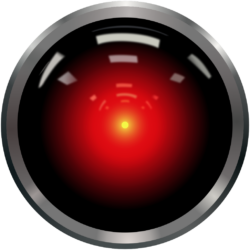


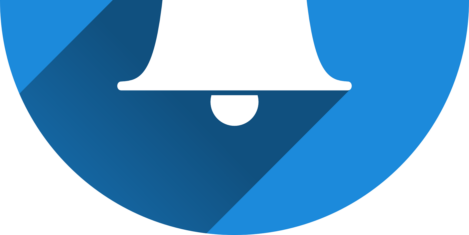
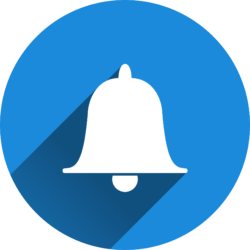











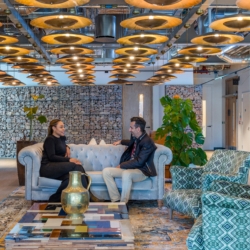










July 17, 2024
Is it fair that AI defines if you deserve a job?
by Paul Anderson-Walsh • AI, Comment, Workplace